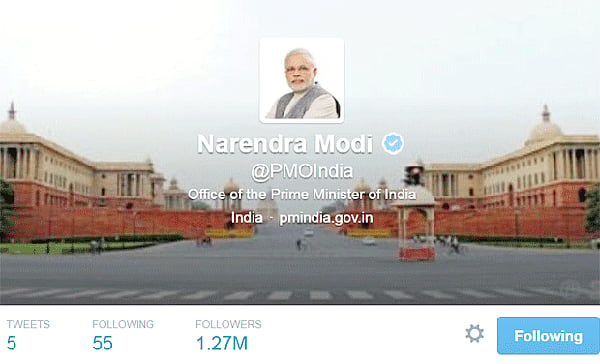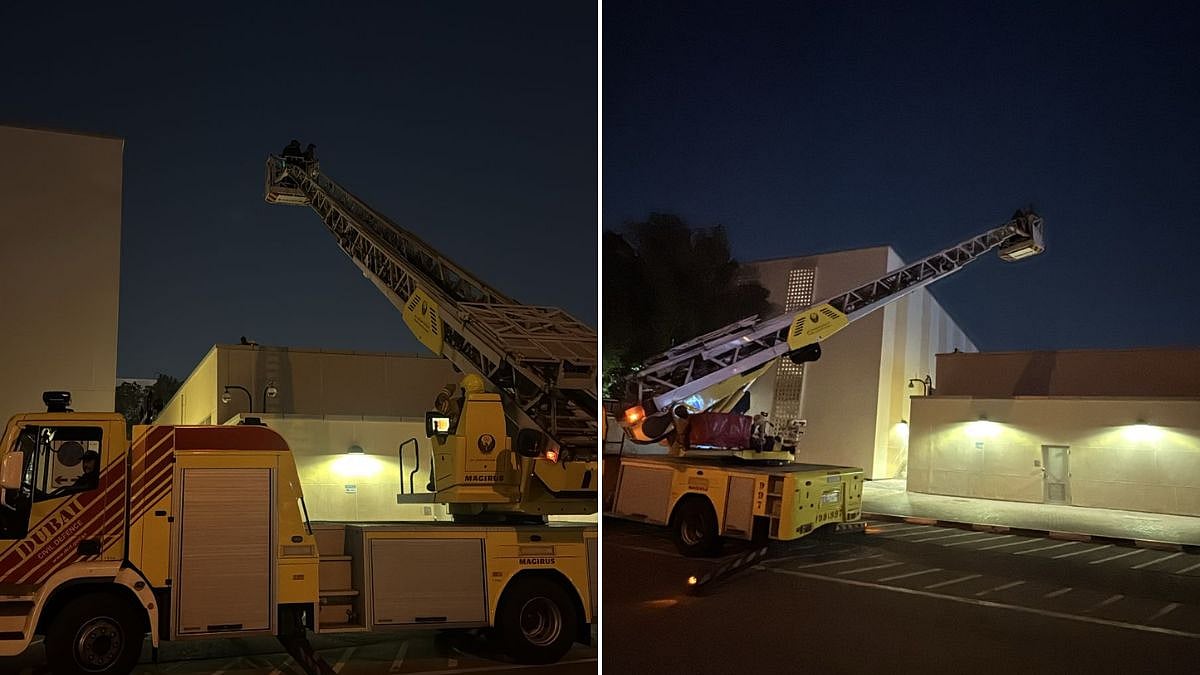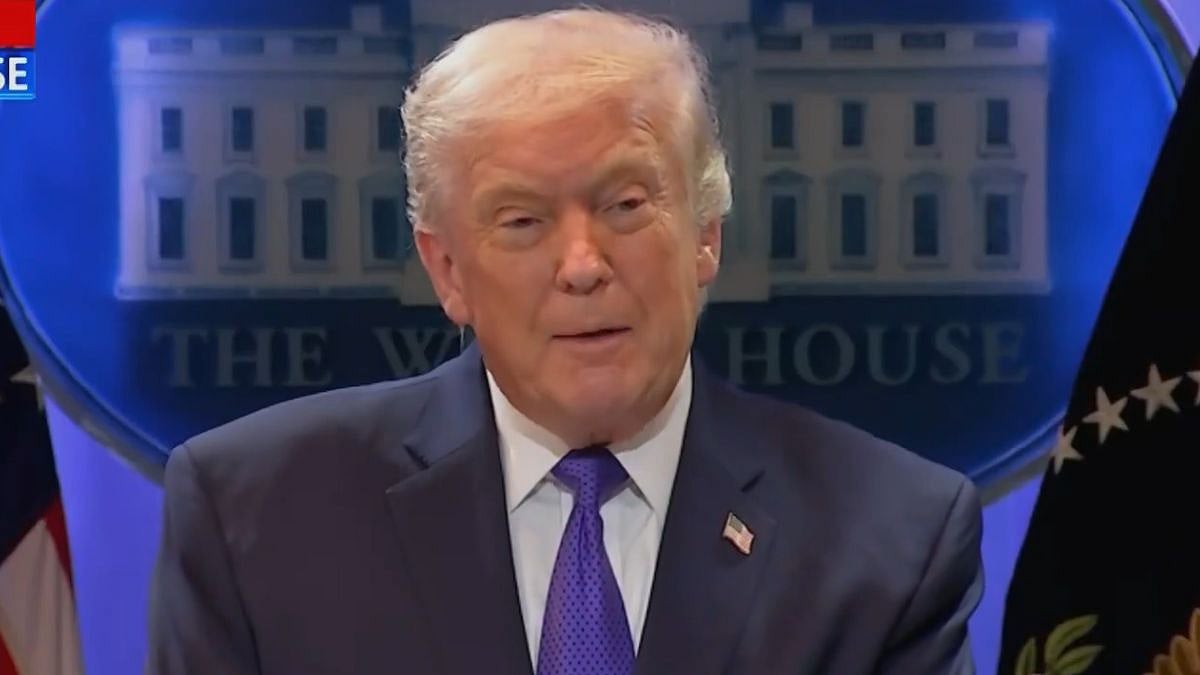Immediately after the results of India’s general elections were announced a controversy over ‘@pmoindia’, the twitter handle of the Prime Minister’s Office (PMO), rocked the Indian political scene. The tussle between the outgoing and in-coming officials of the PMO indicated that social media had come to roost in the Indian public space and was now a prize worth quibbling over, reports IANS.
Social media tools enable the “aam aadmi” to interact directly not just with his friends but even with the prime minister of the country. Social media has made it possible to have Amitabh Bachchan or Narendra Modi on your friends’ list. The IT revolution has also broken the monopoly of the state over information and has become a powerful and popular tool for communication. Politicians are accordingly learning the art of using technology/social media to connect with the people.
During the US presidential elections, the Twitter blog referred to the polls as a “Twitter election”. For India, the 2014 general elections were truly its first Twitter elections. A few years ago, a tweet by Shashi Tharoor, then minister of state for external affairs, created ripples in the Indian political domain and got him into political trouble. However, much water has flown since then and Prime Minister Narendra Modi celebrated his victory with a tweet: “India has won”.
Social media played a very vital role in the fiercely fought 2014 elections. Almost all political parties and candidates have used social media to reach out to the electorate, particularly youth. Candidates and parties were aware that this Lok Sabha election would be influenced by social media, especially, with more than 150 million first time voters between age group of 18-23 being social media savvy.
Modi, who was constantly on the receiving end of mainstream media, countered their attack with a tool of just 140 characters. Through social media, Modi was successful in shaping the perception of Indian voters and constructed a discourse which paved the way for the victory of the Bharatiya Janata Party.
According to Internet and Mobile Association of India (IAMAI), Twitter has around 33 million users in the country. Hence, Twitter was anticipating full-scale use of tweets as one of the tools of election campaigning. Thus, there were more than 58 million tweets on the Indian general election since Jan 1, 2014, till May 16, 2014. On counting day, May 16, Twitter saw a little more than two million tweets.
The top five election-related terms on counting day May 16 were:
1. Narendra Modi – 722,910
2. AAP – 118,717
3. BJP – 322,596
4. Rahul Gandhi – 47,054
5. Varanasi – 21,018
Modi was the winner on Twitter too, with 11.85 million tweets mentioning @NarendraModi since Jan 1. Besides Twitter, Modi is also popular on Facebook. On April 7, Modi had 12.46 million fans. When he was appointed prime minister of India, the number jumped to 15.245 million. After US President Barak Obama, Modi is the second most popular politician across the world, going by his social media popularity. PMO India has recently launched its Facebook page, and within four days it received more than a million likes.
lAniket Bhavthankar




